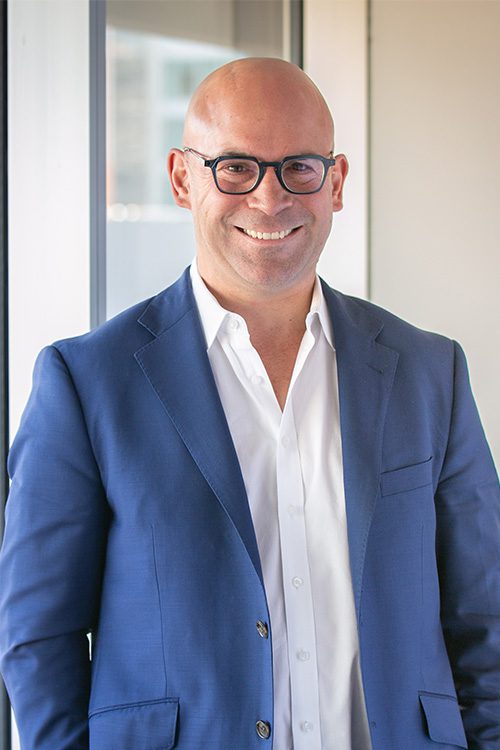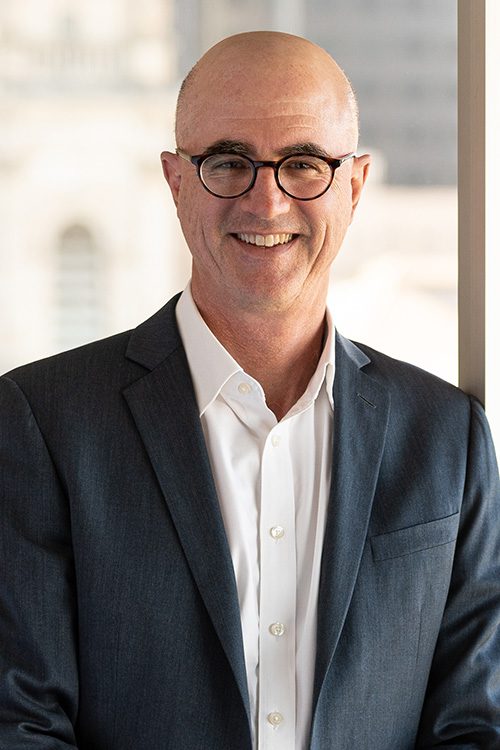Successful investors will often think and behave differently to most. This is particularly true when it comes to their approach to long term wealth management.
Whether this involves making strategic decisions about allocating capital, backing a manager or timing investment entry, the very nature of their approach can be both complex and exclusive, yet very effective.
However, a common thread among these established investors is a strong preference for a bespoke and distinctive approach which is over-arching to all their wealth and all stakeholders. The growing appetite for the Family Office as a specialised wealth management vehicle is expected to continue, especially as the Boomer generation retires and transitions vast amounts of wealth. This approach dates back centuries and has a strong track record of success in preserving and sustaining family wealth and long-term legacies.
Which assets are on the radar for Family Office investors?
Two broad Family Office investment approaches can be classified as concentrated and diversified. Hybrids exist, such as where entrepreneurs and multigenerational families seek to diversify a concentrated asset base that is responsible for the bulk of family wealth. The need for diversity can be triggered by many things and for family groups seeking diversification the asset allocation approach provides a structured and practical framework. While publicly listed equities and fixed income play a role, it’s usually to a lesser extent. Generally, there is much greater tolerance for larger allocations to alternative investments and other illiquid assets.
Popular alternative asset classes we see among our Family Office clients include:
- Private equity and private debt
- Venture capital
- Real assets that keep pace with inflation
- Directly held property portfolios
Within private equity and venture capital investment we’re seeing a strong focus on scalable technology solutions in enterprise software, artificial intelligence and data analytics, mobile oriented applications and marketplace models. For example, the underlying investments provide growth capital and follow-on investment in companies building drones for medical use, new cancer treatments, tattoo removal through to more bespoke individual items with scarcity value such as unique watches and rare stamps and coins. These tend to be illiquid for a period, have potential for high returns and are significantly less volatile than equities and fixed income investments.
Many Family Office investors hold property directly in assets such as shopping centres, warehouses and other mixed-use commercial buildings.
Real assets are important portfolio stabilizers and offer some insurance against the negative effects of inflation as well as volatility. This is very topical right now, as markets debate near term inflation expectations, and we see assets such as infrastructure (tariffs), property (leases), water (food security) and companies with pricing power all providing some form of protection against rising prices. These assets are also playing a very important role in portfolio risk management.
The investment allocations in these alternative assets are typical of certain types of professional and institutional investors such as endowment funds. This is because they share very long-term investment objectives which allows for greater tolerance of illiquid assets.
Family Office investors have broad capabilities in analysing unique risk-reward characteristics and assessing whether these fit their needs, skills in due diligence and manager selection as well as clear purpose around investment strategy. Education and involvement of all stakeholders including the next generation is often extremely important when making investment choices.
How do Family Office investors undertake their investment processes?
Family Office investors often adopt a “manage the manager” approach while still maintaining strong oversight of their portfolio.
This approach involves the Family Office undertaking extensive due diligence based on strict criteria to identify the best of breed managers who are specialists in specific investment categories. From there, the Family Office focuses on the asset allocation, building the portfolio and managing the chosen managers. Identifying, monitoring and mitigating portfolio risk, as well as reporting on performance also play important roles in this approach.
With alternative assets, our Family Office team at William Buck tends to use managed fund structures and will sometimes co-invest directly through special purpose vehicles. In private equity and venture capital for example, these funds provide exposure to our preferred investment themes throughout the entire capital structure from seed funding through to growth capital and follow-on investments, pre-IPO opportunities and listed microcaps.
The underlying philosophy is based on the belief that superior investment performance is highly dependent on two important decisions: the manager selection and asset allocation. If we get this right, the rest will take care of itself.
Working with William Buck’s Family Office team will provide you access to expert knowledge and deep experience that can add value to the way you approach your family’s long-term private wealth management.
To find out more visit our Family Office service page or contact us.























